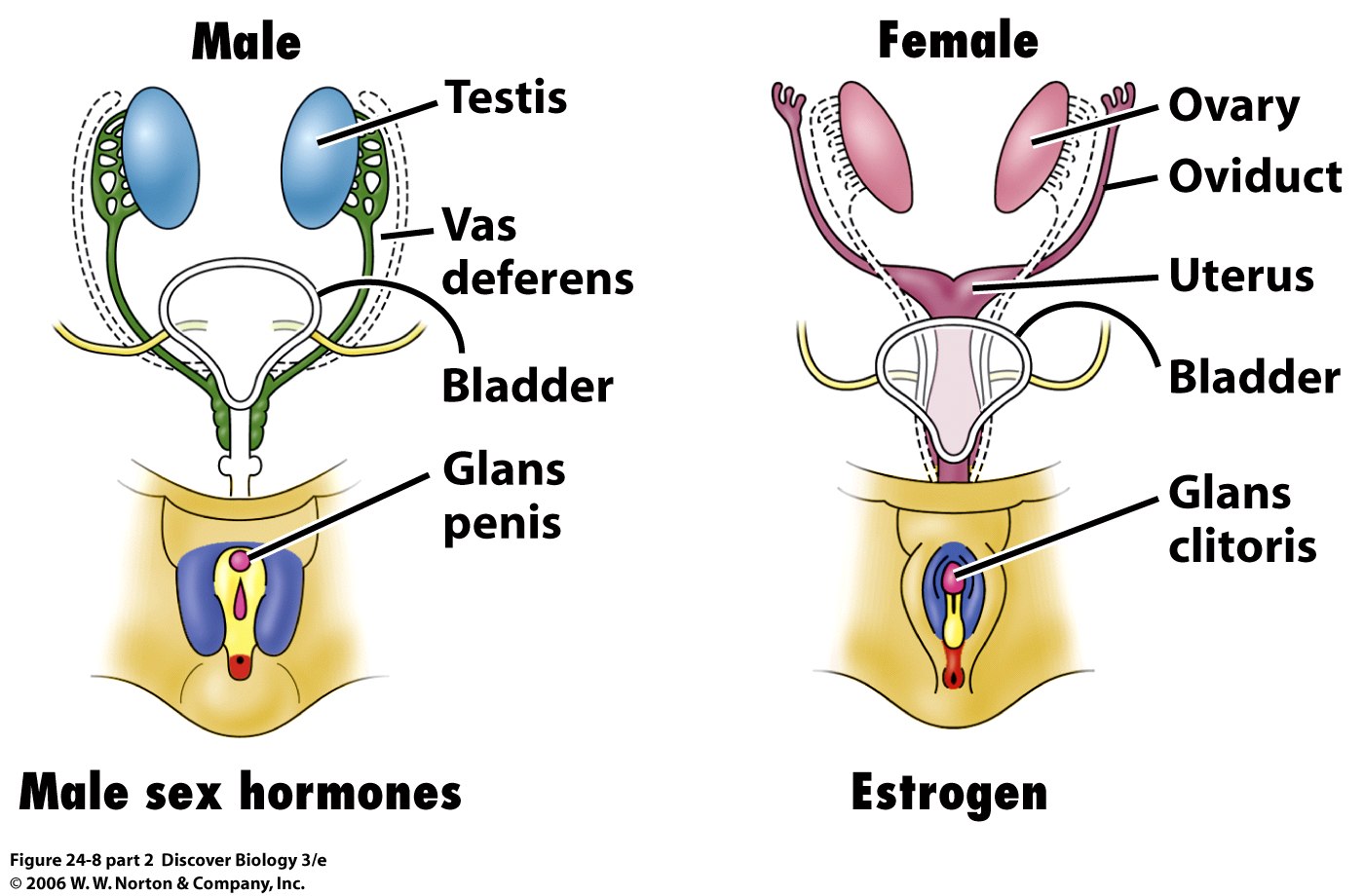The human brain is one of the most complex objects in the universe, and that complexity can be due to a wave of hormones released by the pregnancy of the duration of the placenta.
While numerous ideas have been proposed to explain the evolution of the human brain, it remains one of our greatest scientific mysteries. One states that the navigation of the dynamics of large groups requires a certain degree of cognitive capacity, which drives social species to develop larger brains. For example, other highly sociable animals, such as dolphins and elephants, also have relatively large brains. But the biological mechanism underlying this bond has remained uncle.
Now, Alex Tsompanidis at the University of Cambridge and his colleagues say that the answer can be placental sex hormones. Duration of pregnancy, the placenta, a temporary organ that acts as an intermediary between the fetus and the mother, produces crucial hormones for fetal development. These include sex hormones such as estrogens and androgens.
“I know it seems like a jump: to think about human evolution and then end up in the placenta,” says Tsompanidis. “But the reason for that is because we have a leg observing fluctuations and variations in the levels of thesis hormones in the uterus and seeing that they predict things like the development of language and social development.”
There is also some limited evidence that humans exhibit higher levels of these hormones. A 1983 study found that gorillas and chimpanzees have four or five times less estrogen in urine than humans. The placenta also has more activity in genes that produce aromatase, an enzyme that converts androgens into estrogens, in humans than in macaque monkeys.
“These hormones have become very important for the development of the brain, and if we look comparatively with other primates and other species, to have evidence that thesis hormones are very high in humans in humans [during pregnancy]”Tsompanidis says.
This influx could also help explain why humans form such great social groups. Some evolutionary biologists believe that we are able to build extensive social networks because the differences between the sexes are more subtle in humans than the primates. For example, men and women are more similar in body size than male and female Neandershals, says Tsompanidis. This is probably due to high levels of estrogen in the uterus, he says.
“If you have a lot of estrogen, you are not only a little less masculinized, but it is also more likely to have an interconnected brain,” says Tsompanidis. “Therefore, the impulse to increase estrogen, the impulse to make everyone social and get along, it is real that makes the human brain larger and more connected.”
“I agree that placental genes influence the development of the human brain and probably the evolution of the brain of hominin,” says David Garyy, from the University of Missouri. “However, I think they are underestimating the influence of male competition on the brain and cognitive evolution.”
While it is true that male humans within the same social group tend to be more cooperative and less aggressive with each other than what is seen in other primates, this may have evolved as a result of conflicts between groups, he says. After all, greater coordination and teamwork would be an advantage in a deadly confrontation, he says.
Our knowledge or placental differences between primates is also limited. Many non -human primates, such as chimpanzees, eat the placenta after giving birth, which makes it difficult to study, says Tsompanidis.
Identifying what factors shaped the evolution of the human brain is more than an intellectual search: it could also shed light on neurodiversity.



